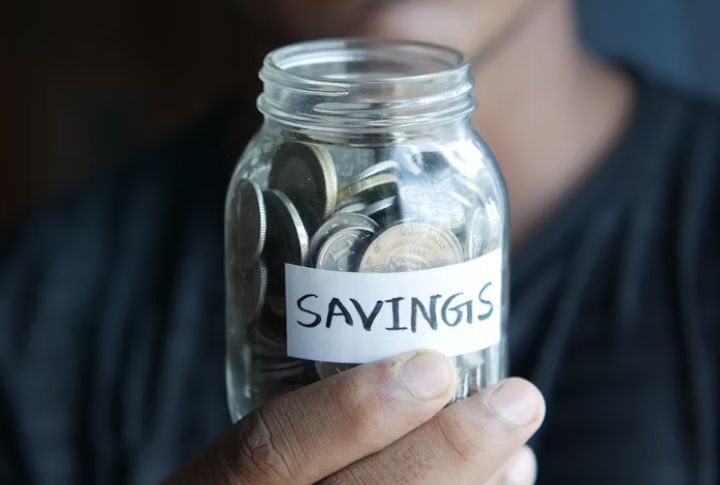
Gen Z doesn’t just post about being broke—they’ve redefined what the word even means. Across social feeds and side gigs, financial pressure is no longer just a phase—it’s part of the identity. What used to signal hardship now reflects their habits and quiet resistance. If you’ve ever wondered how “broke” became a badge of resilience, the real meaning behind Gen Z’s money talk might leave you stunned.
Burdensome Student Loans

Many Gen Z adults are burdened by student loan debt, averaging $38,375 (Education Data Initiative, 2025), making financial goals feel out of reach. Even more alarming, only a fraction of them feel confident that they can repay these loans. Some use financial aid for crypto investments—a risky move amid rising debt and uncertainty, which reflects the pressure to find alternative paths to financial stability.
Credit Card Creep

Here’s a quiet yet significant financial shift: The average credit card balance for this generation jumped notably in just six months. Most adults already have credit cards, with that number soaring for those in their early twenties. What’s truly shocking is that very few are saving for retirement. Several also carry high balances that max out cards, inviting unnecessary stress into their lives.
Homeownership Delayed

For this generation, it’s often a distant dream. A small percentage of young adults have recently purchased homes, and 18% of those aged 25-34 are still living with their parents, according to the U.S. Census Bureau. Their current income makes it incredibly difficult for them to secure a mortgage. You will now see them using memes to highlight the frustrating systemic barriers that prevent them from affording a place of their own.
Side Hustle Dependence

A striking reality for Gen Z is their reliance on side hustles, with a large number reporting having one. For a notable number, this extra income makes up a substantial portion of their monthly earnings. Overwhelmingly, they plan to monetize new gigs next year. Almost half link NFTs to digital art, and some are even branching into crypto-driven side hustles.
Low Median Earnings

Just imagine working hard and still earning less than half of what your grandparents earned at your age. That’s the reality for Gen Z, with median annual incomes averaging around $29,000 for younger workers. Over a quarter juggle part-time jobs and side gigs just to make ends meet. Surprisingly, plenty of people would accept lower pay if it meant more flexibility and a better work-life balance.
Retirement Saving Shortfall

Here’s a thought that might keep you up at night: only a couple of Gen Zers are actively saving for retirement, and many doubt traditional retirement is in their future. The majority prefer basic savings accounts over market investments, often missing out on growth. They plan to keep side hustling through retirement and view gig roles as a lasting part of work life.
Financial Literacy Gap

It’s a bit unsettling, but two-thirds of these young people can’t correctly answer half of the fundamental finance questions. Only a third of them regularly discuss money with their family, which leaves them unprepared. Despite confidence in saving, they feel least ready for investing. Perhaps nearly half get their financial advice from TikTok influencers, a source that might not offer the most reliable guidance.
Investing Intimidation

Investing can feel daunting, and for today’s young people, that’s undoubtedly true since only a fraction had invested in stocks by 2022. A large portion of respondents say market volatility and fear of losses are key barriers. Their median investment is modest, with a quarter in crypto, but what’s surprising? A notable portion is more willing to trust investments endorsed by social media celebrities.
Underemployment & Gig Economy

Young individuals face a challenging job market as a large percentage are working in roles that do not match their qualifications. For some, gig work is their primary income source, evidence of its prevalence. A key portion cites a lack of full-time offers as their main reason for gigging. Many are even juggling three or more apps just to keep their income flowing.
Inflation’s Eroding Power

Nearly half have cut social and leisure spending due to the soaring cost of living, with a staggering majority reporting higher financial anxiety. Inflation is truly taking a toll, with Gen Z losing sleep over rising grocery and rent prices. Coupon redemption rates have surged, showing how Gen Z is turning deal-hunting into a vital, even social, trend.
